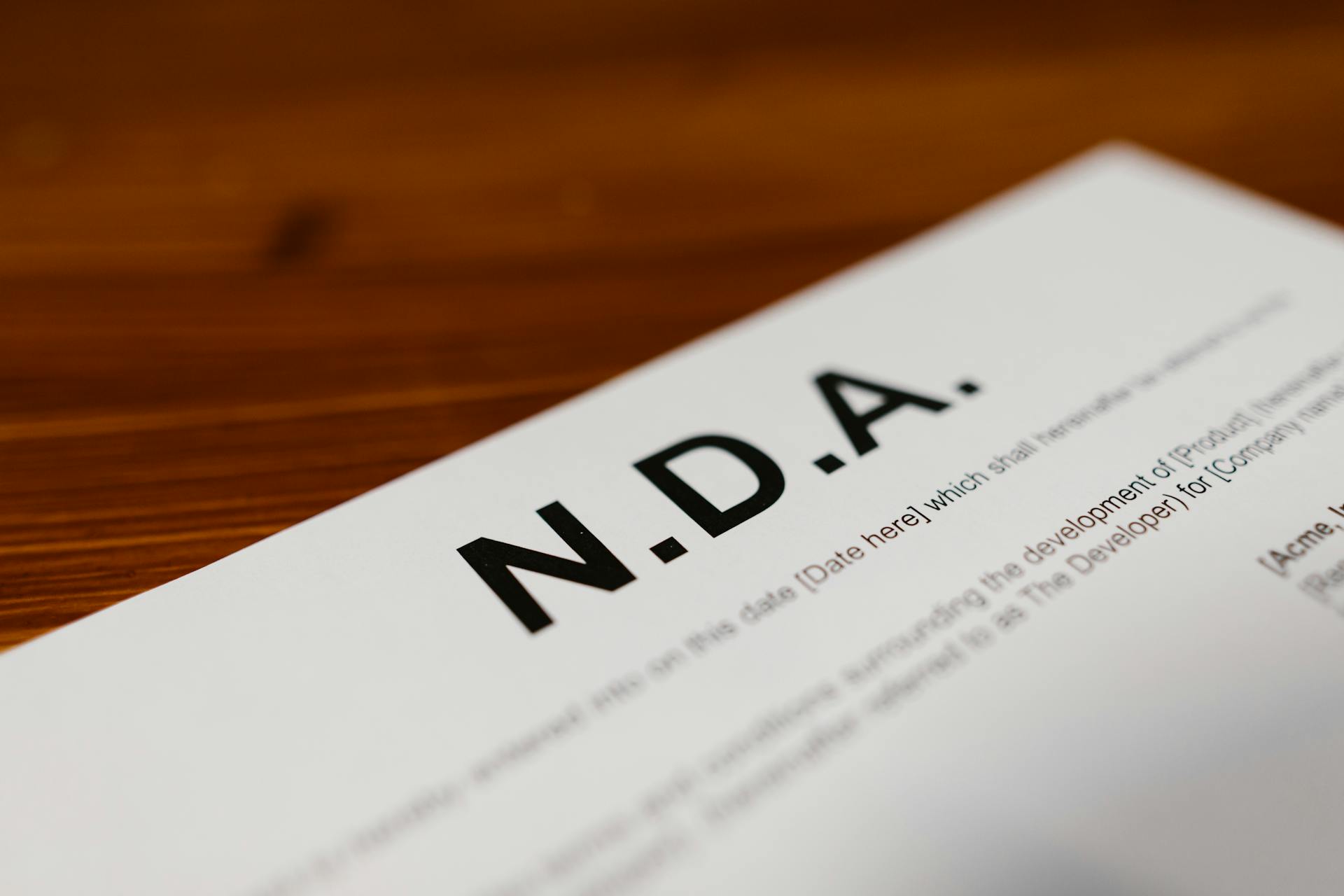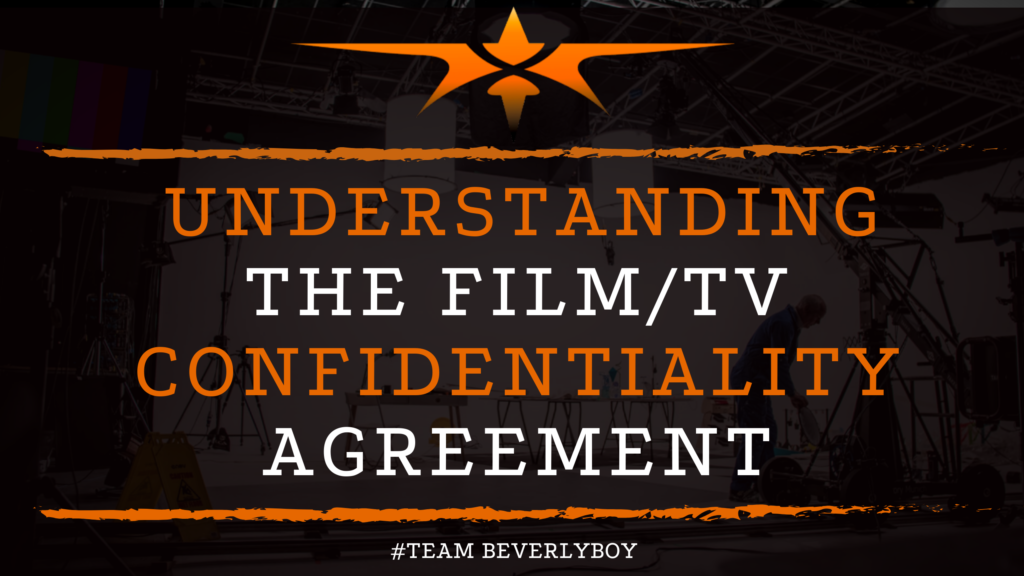Understanding the Film/TV Confidentiality Agreement
The film industry is incredibly competitive and features so many different instances of intellectual property. And the use of contracts to protect those who are sharing intellectual property with others. One such contract, is the film/tv confidentiality agreement, or the Non-Disclosure Agreement (NDA).

Which represents a unique agreement entered between the filmmaker and another party. Which provides a safeguard against the sharing or otherwise leaking of intellectual property.
If you’re new to the industry, you may not have had any experience with the film/tv confidentiality agreement. But you most likely will with time.
What is the Film/TV Confidentiality Agreement?
The film/TV confidentiality agreement, or the NDA, is a contract. Which provides protection for filmmakers, screenwriters, or others in the industry who share intellectual property with investors, other producers, or outsiders.
This contract requires that the signing party avoid any sharing of the information that they learn. While working for the production company, or otherwise, to prevent disclosure of intellectual property to outsiders.
The one-way confidentiality agreement also knowns as the NDA is used when a producer, network, or some other member of the film industry is releasing some kind of confidential information to a third party.
Such as a writer that they are considering for hire in connection with the production of a television series or a camera crew that they are going to hire for the production of a film.
Who Signs Film/TV Confidentiality Agreements?
These agreements are used between cast and crew members on set. To ensure they can’t take proprietary information with them when they leave and share it with competitors. These agreements are also in use between producers and investors.
To ensure that key details of a project are not shared. The non-disclosure agreement may also be shared with another producer or between a producer and screenwriter.
If a screenwriter wants to protect their intellectual property when they are initiating a relationship with a new production company.
What’s Included in the Film/TV Confidentiality Agreement?
The TV/film confidentiality agreement is going to include a lot of information. So it’s important that if you’re the signatory individual (the one being asked to sign the NDA). You fully understand the terms and expectations of the contract.
This agreement is going to include information about the project that will be shared with you. And some basic details about what you might learn that the other side does not want you to share.
Some NDAs will be very specific in what you can and cannot repeat while others will be very vague. If you have questions, you must ask and get clarification ahead of signing the agreement because once you have signed the NDA you are contracted to follow the terms.
Consider This
You will probably see clauses in the agreement that include information about the confidential information that will be shared. As well as details about who is entering the agreement.
There might also be a timeframe for the NDA. For example, the NDA may ask you not to mention something about a film. Such as disclosing details. For a set period of time such as a year or two years or more.
In addition to all of this information, you’re going to see details about what might happen if you were to go against the film/tv confidentiality agreement and share details or otherwise leak information.
Most of the time, there will be consequences including lawsuits, termination of contract, and other potential consequences such as fines or court costs mentioned in the agreement.
Understanding the Terms & Conditions

If you’re asked to sign a film/tv confidentiality agreement, you need to make sure that you are well aware of the terms and conditions of the agreement that you are signing.
You certainly don’t want to sign something that you do not understand and you should not sign something that you have not had a chance to thoroughly review with the assistance of your attorney or other legal representation.
Any Questions and Amendments
If you have questions or there are parts of the agreement that you do not agree with, do not sign it! You can ask for amends to the confidentiality agreement, before you sign. While some film producers will be against an amendment, if you have a valid reason for the change.
They might be willing to make the change for you. What you absolutely should not do is sign something that you disagree with. Because the other party says “oh, that part doesn’t really matter, don’t worry about it.”
You must agree with all terms and conditions of the agreement. Do not sign if you disagree. And do not listen to someone say that terms or conditions that are listed in writing.
As part of the tv/film confidentiality agreement “do not matter” or “do not apply.” If the terms are in writing, and you sign the contract, they can, do, and WILL apply!
What Types of Information Should I Be Concerned About?
Depending on the type of work that you’ll be doing or the reason for which the filmmaker has secured your assistance. There are a number of conditions that you should prepare to consider.
The information that is most likely to apply includes:
- Information about the film or script.
- Details about the work environment.
- Details about how production takes place on set.
- Information about those you work with.
- Details about how you are asked to provide services.
In Summary
The film/tv confidentiality agreement may include a variety of other details depending on the terms and conditions. It’s your job to be sure you agree and understand those terms, in full.


